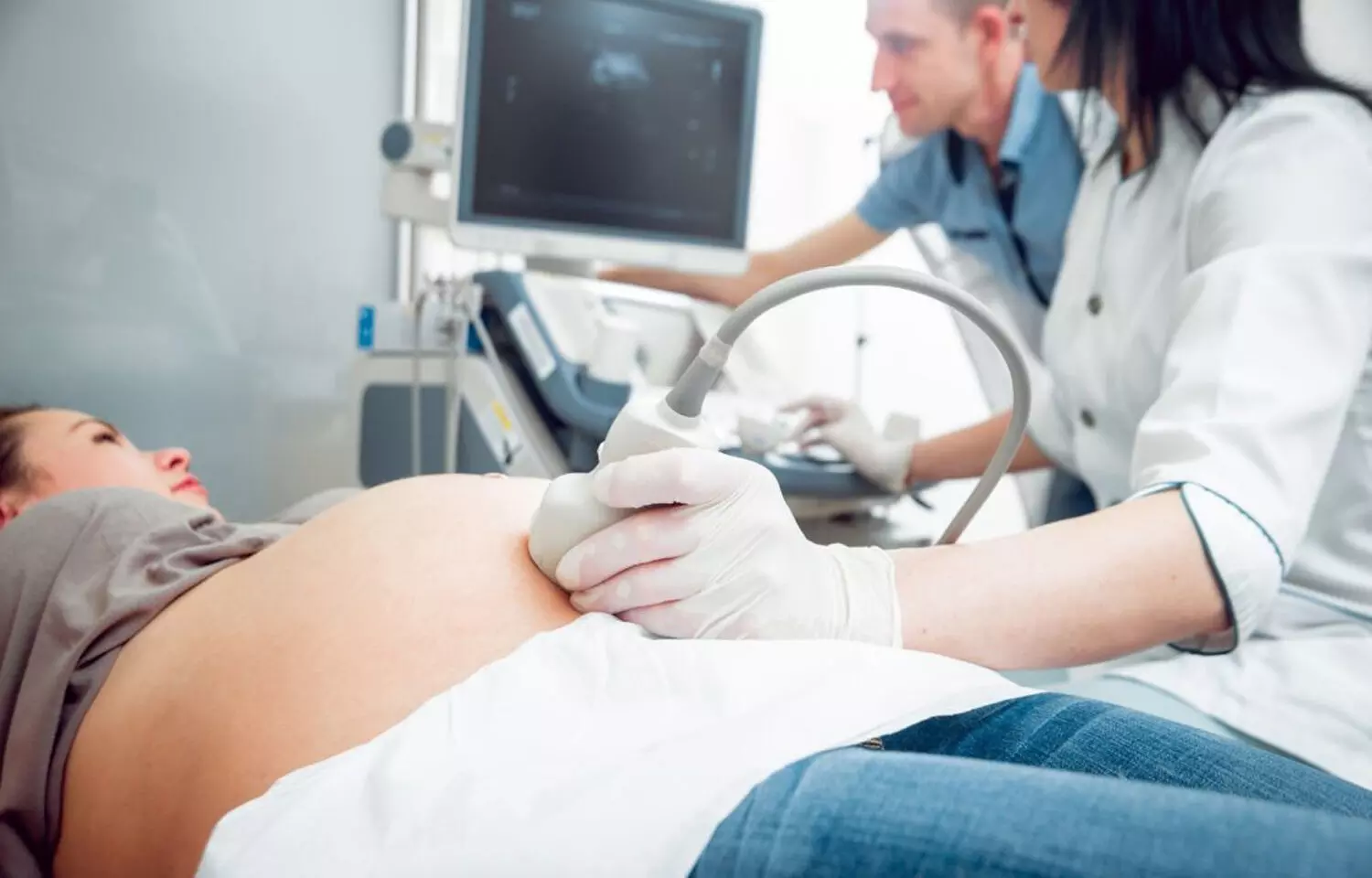- Home
- Medical news & Guidelines
- Anesthesiology
- Cardiology and CTVS
- Critical Care
- Dentistry
- Dermatology
- Diabetes and Endocrinology
- ENT
- Gastroenterology
- Medicine
- Nephrology
- Neurology
- Obstretics-Gynaecology
- Oncology
- Ophthalmology
- Orthopaedics
- Pediatrics-Neonatology
- Psychiatry
- Pulmonology
- Radiology
- Surgery
- Urology
- Laboratory Medicine
- Diet
- Nursing
- Paramedical
- Physiotherapy
- Health news
- AYUSH
- State News
- Andaman and Nicobar Islands
- Andhra Pradesh
- Arunachal Pradesh
- Assam
- Bihar
- Chandigarh
- Chattisgarh
- Dadra and Nagar Haveli
- Daman and Diu
- Delhi
- Goa
- Gujarat
- Haryana
- Himachal Pradesh
- Jammu & Kashmir
- Jharkhand
- Karnataka
- Kerala
- Ladakh
- Lakshadweep
- Madhya Pradesh
- Maharashtra
- Manipur
- Meghalaya
- Mizoram
- Nagaland
- Odisha
- Puducherry
- Punjab
- Rajasthan
- Sikkim
- Tamil Nadu
- Telangana
- Tripura
- Uttar Pradesh
- Uttrakhand
- West Bengal
- Medical Education
- Industry
Maternal depressive symptoms during pregnancy associated with slower fetal growth rate: JAMA

In a recent study published in the Journal of American Medical Association unveiled a significant association between maternal depressive symptoms and fetal growth during the critical rapid growth stage (CRGS) before delivery. This period is approximately from 30 to 37 gestational weeks and is crucial for the long-term health implications of the newborn.
The prospective birth cohort study spanned from January 2018 to December 2020 and involved 2676 mother-offspring dyads. Excluding the factors like severe pre-existing diseases and anomalies, the study focused on understanding the impact of maternal mental health on fetal growth parameters.
With the help of Edinburgh Postpartum Depression Scale (EPDS) to measure depressive symptoms at a median gestational week of 24, the research found that higher scores on the EPDS were correlated with a slower rate of fetal growth. This was evident in parameters such as biparietal diameter (BPD), femur length (FL), abdominal circumference (AC), and estimated fetal weight (EFW).
The results showed a notable correlation between decelerated fetal growth rate and a elevated maternal depressive symptoms. Specifically, a higher EPDS score was associated with a slower rate of growth across FL (β = −0.40), AC (β = −1.97), and EFW (β = −50.11). These associations were found to be stronger in female fetuses and those from families with better socioeconomic conditions.
This study found a previously underexplored facet of maternal mental health's impact on fetal development, emphasizing the importance of early screening for depressive disorders in pregnant women. The findings imply that addressing maternal mental well-being might not only benefit the mother but also play a crucial role in ensuring optimal fetal growth and subsequent health outcomes.
Source:
Zhang, L., Li, P., Ge, Q., Sun, Z., Cai, J., Xiao, C., Yu, C., Nosarti, C., Liao, J., & Liu, Z. (2023). Maternal Prenatal Depressive Symptoms and Fetal Growth During the Critical Rapid Growth Stage. In JAMA Network Open (Vol. 6, Issue 12, p. e2346018). American Medical Association (AMA). https://doi.org/10.1001/jamanetworkopen.2023.46018
Neuroscience Masters graduate
Jacinthlyn Sylvia, a Neuroscience Master's graduate from Chennai has worked extensively in deciphering the neurobiology of cognition and motor control in aging. She also has spread-out exposure to Neurosurgery from her Bachelor’s. She is currently involved in active Neuro-Oncology research. She is an upcoming neuroscientist with a fiery passion for writing. Her news cover at Medical Dialogues feature recent discoveries and updates from the healthcare and biomedical research fields. She can be reached at editorial@medicaldialogues.in



